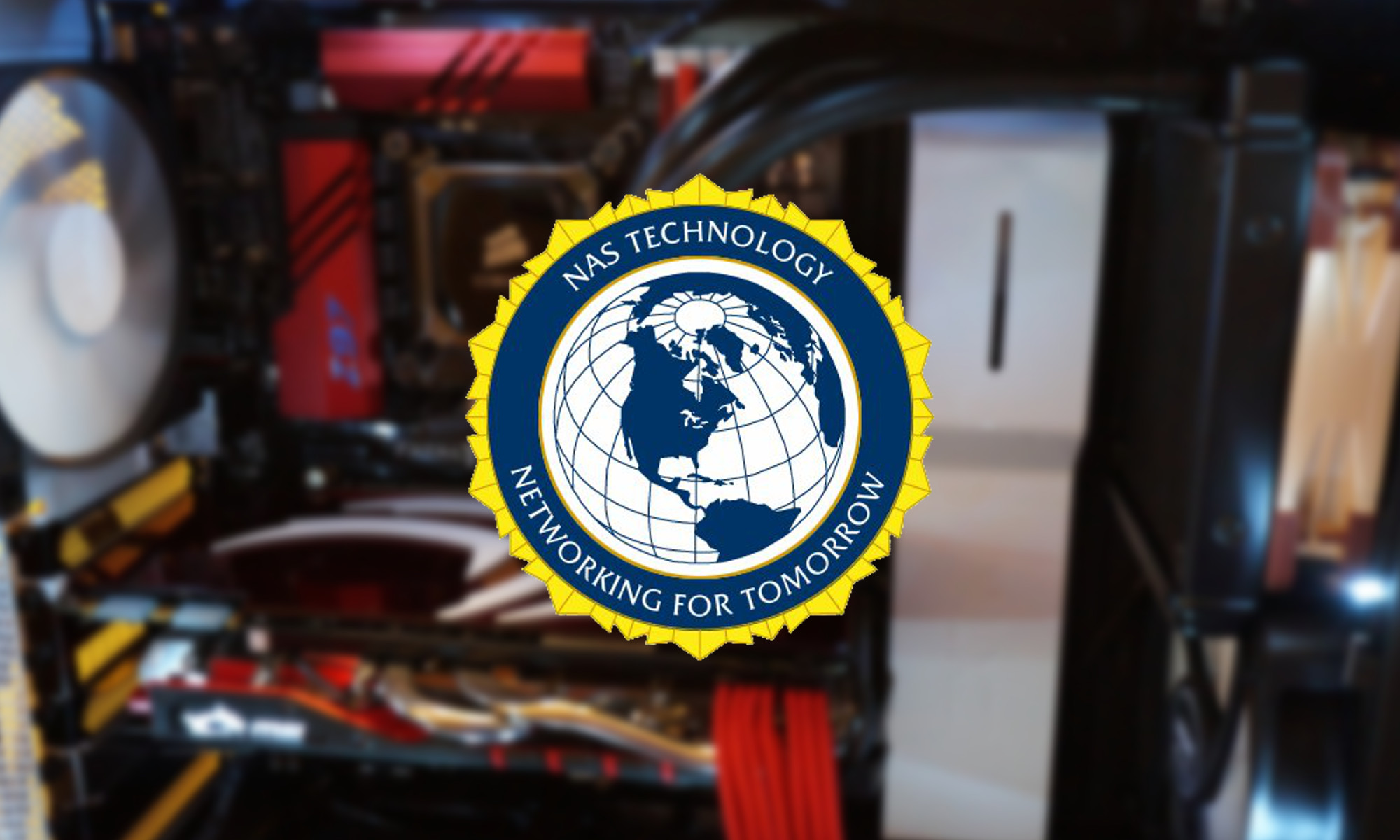In 2023, PC security is more important than ever before. With more people than ever working from home and relying on their computers for communication and entertainment, it’s critical to be vigilant about protecting your PC from cyber threats. In this blog post, we’ll explore some of the best practices for PC security in 2023.
1. Keep Your Software Up-to-Date
One of the most important things you can do to protect your PC is to keep your software up-to-date. This includes your operating system, web browser, and any other applications you use on a regular basis. Updates often contain security patches that can protect you from the latest threats.
2. Use Strong Passwords
Using strong passwords is another important step in PC security. A strong password should be at least 12 characters long and include a mix of upper and lowercase letters, numbers, and symbols. Avoid using the same password for multiple accounts, and consider using a password manager to keep track of your passwords.
3. Enable Two-Factor Authentication
Two-factor authentication is an extra layer of security that requires you to provide a second form of authentication, such as a code sent to your phone, in addition to your password. Many online services offer two-factor authentication, and it’s a good idea to enable it whenever possible.
4. Be Careful What You Click On
Phishing attacks continue to be a major threat in 2023. Phishing emails often appear to be from a trusted source and contain a link that, when clicked, can lead to malware or a compromised website. Be cautious about clicking on links in emails or messages from unknown senders, and hover over links to see where they lead before clicking.
5. Use Antivirus Software
Antivirus software is an important tool in protecting your PC from malware and other threats. Be sure to use a reputable antivirus program and keep it up-to-date. Many antivirus programs also offer additional features, such as firewalls and anti-spam filters, that can further protect your PC.
6. Backup Your Data
In the event of a security breach or hardware failure, it’s important to have a backup of your important data. Regularly backup your files to an external hard drive or cloud-based service. This will ensure that you can recover your files in the event of a disaster.
7. Be Wary of Public Wi-Fi
Public Wi-Fi networks are often unsecured and can be a breeding ground for hackers. Avoid accessing sensitive information, such as your online banking, while connected to public Wi-Fi. If you must use public Wi-Fi, consider using a virtual private network (VPN) to encrypt your connection.
In conclusion, PC security is critical in 2023. By following these best practices, you can help protect yourself from cyber threats and keep your PC running smoothly. Stay vigilant, stay up-to-date, and stay safe!
